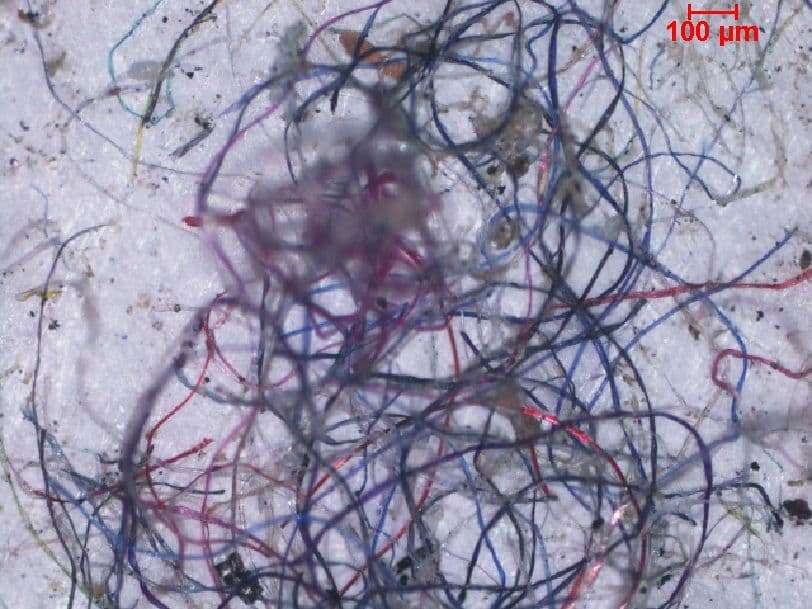IIT Madras review identifies residential houses as major point of sources for microplastics pollution

IIT Madras review identified prominent and unnoticed sources of microplastics in residential buildings as a source of microplastic pollution.
The study also identifies their transportation, transformation and toxicity effects in aquatic organisms and human beings.


Suggestion
The review suggests that among the various sources contributing to the spread of microplastics in the environment, municipal wastewater stands out as a major source.
Everyday household activities like washing dishes, doing laundry, taking showers, and using toilets all contribute to the production of municipal wastewater, say sources from IIT Madras.
Dishwashing
For instance, dishwashing typically involves the use of plastic-based scouring pads, where the softer part of the sponge is composed of polyurethane (PU) and the attached mesh is made of polyethylene (PE), say sources from IIT Madras.

Over time, as the sponge wears down, the shedding of plastic material results in the creation of secondary microplastics, say sources from IIT Madras.

The review was published in the reputed journal Environmental Science and Pollution Research (https://doi.org/10.1007/s11356-023-26918-1)

Need
Prof. Indumathi M Nambi, Environmental and Water Resources Engineering Division, Department of Civil Engineering, IIT Madras, elaborated on the need for such review.
She said more detailed research needs to be done with real time environmental microplastics and microfibres to ascertain the myths and facts related to the risk associated with exposure to microplastics in humans.
Attention
Prof. Indumathi M Nambi of IIT Madras added, the escalating issue of plastic pollution demands urgent attention and action.

Current estimates suggest that between 4.88 to 12.7 million metric tons of plastic find their way into the ocean each year.
Alarmingly, projections indicate that by 2050, the cumulative weight of plastics in our oceans could surpass the total biomass of fish, said Prof Indumati of IIT Madras.
Estimates
The Researchers at IIT Madras add that it was important to note that these estimates do not even account for ubiquitous synthetic fibres such as polyethylene terephthalate (PET), polyamide (PA) and polyacrylate.
Laundry washing releases a significant quantity of microfibers into wastewater, while personal care products like shower gels, face cleansers, and toothpaste contain deliberate microplastic additives known as microbeads.

Suggestion
The review suggests that source reduction was a vital consideration to combat microplastic pollution.
It also suggests that personal care products should be replaced with biodegradable materials, and use of plastic-based products such as scouring pads needs to be reduced.
Also, laundry machines should also have highly efficient filters, say sources from IIT Madras.
S Vishnu Sharmaa now works with collegechalo.com in the news team. His work involves writing articles related to the education sector in India with a keen focus on higher education issues. Journalism has always been a passion for him. He has more than 10 years of enriching experience with various media organizations like Eenadu, Webdunia, News Today, Infodea. He also has a strong interest in writing about defence and railway related issues.






